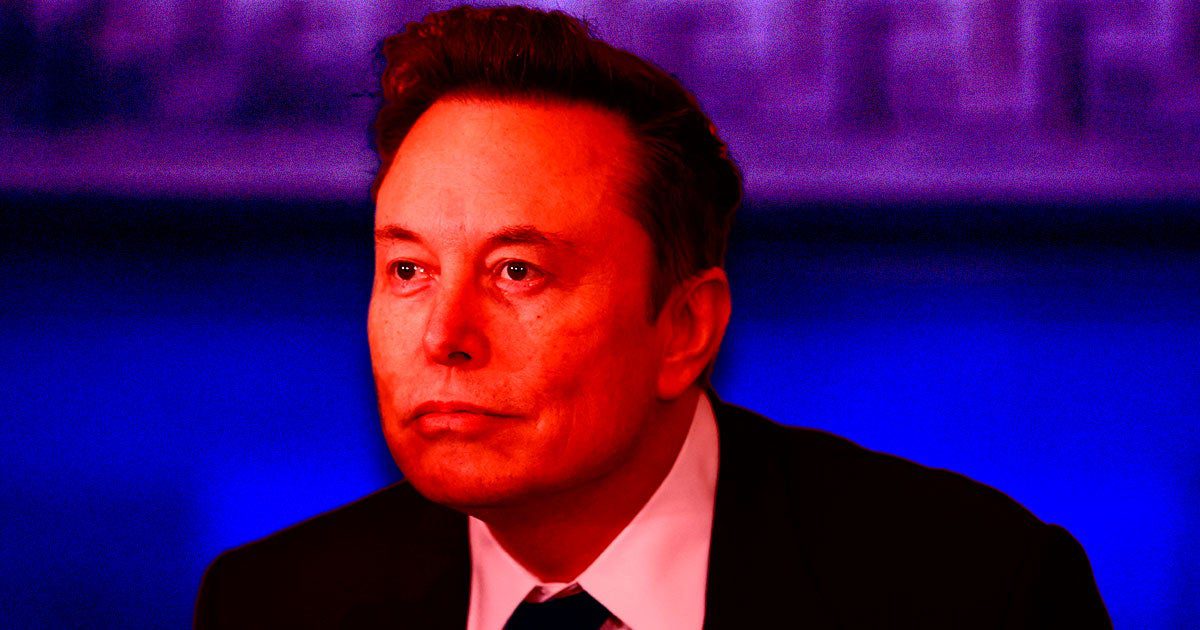
Last week, billionaire entrepreneur and White House insider Elon Musk proposed an enormous $97.4 billion offer to acquire the nonprofit organization overseeing OpenAI.
Musk was one of the cofounders of the company behind ChatGPT, alongside current CEO Sam Altman, in 2015. However, he exited the organization four years later due to frustration regarding its trajectory.
Since his departure, Musk has argued that OpenAI must “revert to being the open-source, safety-oriented entity it initially aimed to be,” as he stated to the Wall Street Journal earlier this month.
Though OpenAI’s board has subsequently turned down his offer, Musk’s rival venture, xAI, raises questions about a notable inconsistency in his stance.
In particular, while Musk has critically challenged OpenAI’s leadership for not making its AI models open source, xAI has yet to adopt similar transparency. As ZDNet has pointed out, the startup has only released its first open-source AI model, known as Grok 1, in March, approximately four months after its premiere.
All following models, such as Grok 3, which was debuted earlier this week, continue to be closed source, showcasing Musk’s contradictory position on the issue.
In 2024 alone, Musk initiated four distinct legal actions against OpenAI, claiming that it strayed from its open-source heritage and had essentially become a “closed-source de facto subsidiary” of investor Microsoft, abandoning its pledge to develop an AI that is “safe” and “benefits all of humanity.”
The interpretation of “open source” has evolved significantly over recent years. Initially, it referred to a program’s source code being publicly accessible.
In today’s AI landscape, however, companies have started to share the “weights” of their models—parameters that influence the strength of neuron connections within a neural network.
This transformation in the meaning of open source has sparked considerable debate, particularly following the introduction of the reasoning model R1 from Chinese AI startup DeepSeek, which challenged the Western tech industry by demonstrating that effective models can be operated at a fraction of the cost compared to giants like OpenAI.
Despite the increasing acceptance of open-source AI, most of xAI’s models remain a “black box,” similar to those produced by OpenAI.
In essence, Musk’s xAI embodies the very type of organization he has accused OpenAI of becoming through his legal complaints.
Whether the traditional, closed-source methodology signifies that his AI venture lags behind the times is yet to be determined. Nevertheless, it presents a striking example of Musk’s reluctance to hold himself to the same standards he expects from others.
Curious about xAI? Elon Musk’s AI Company Recently Let Go of an Engineer Over a Post About Its Upcoming AI Model









